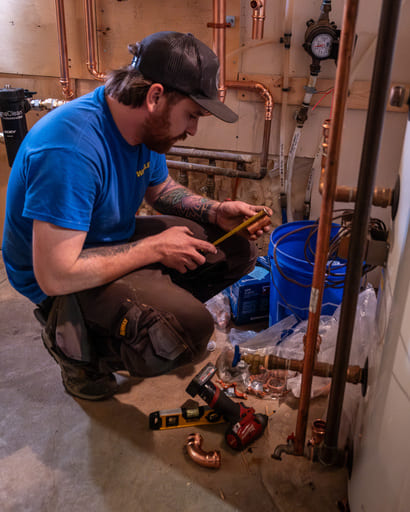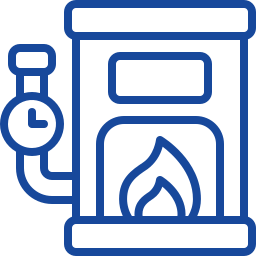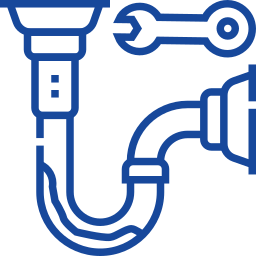Hot Water Tank Q&A
Essential Guide to Hot Water Tank: What You Need to Know
Discover the key facts about hot water tanks, from how they work and their types to maintenance tips, energy-saving strategies, and signs it’s time for a replacement.

What is a hot water tank?
A hot water tank is a storage unit that heats and holds water for domestic or commercial use, providing hot water for tasks like bathing, cooking, and cleaning.
How does a hot water tank work?
A hot water tank uses gas, electricity, or other energy sources to heat water inside a storage tank. It maintains the water at a set temperature until it's needed.
What are the types of hot water tanks?
- Conventional storage tanks: Store a fixed amount of heated water.
- Tankless water heaters: Heat water on demand without storage.
- Heat pump water heaters: Use electricity to move heat from the air to the water.
- Solar water heaters: Use solar energy to heat water.
What are the common sizes of Hot Water Tanks?
- Residential tanks typically range from 30 to 80 gallons, depending on household size and water usage.
How long do hot water tanks last?
On average, 8–12 years for conventional tanks, though tankless systems can last up to 20 years with proper maintenance.
How can I tell if my hot water tank needs replacement?
Signs include:
- Leaks around the tank.
- Rusty or discolored water.
- Insufficient hot water supply.
- Loud noises (e.g., rumbling or banging).
- Frequent need for repairs.
How often should a hot water tank be maintained?
Perform annual maintenance, including flushing to remove sediment, inspecting the anode rod, and checking for leaks or wear.
How can I improve energy efficiency in my hot water tank?
- Lower the thermostat to 120°F (49°C).
- Insulate the tank and pipes.
- Use low-flow fixtures to reduce water consumption.
- Consider upgrading to an energy-efficient model.
What safety precautions should I take with a hot water tank?
- Ensure the pressure relief valve works correctly.
- Avoid setting the temperature too high (to prevent scalding).
- Regularly inspect for leaks or damage.
Lear More About Our Services
 Heating
Heating
![]() Hot Water Heaters
Hot Water Heaters
 Plumbing
Plumbing
 Air Conditioners Air Quality
Air Conditioners Air Quality
